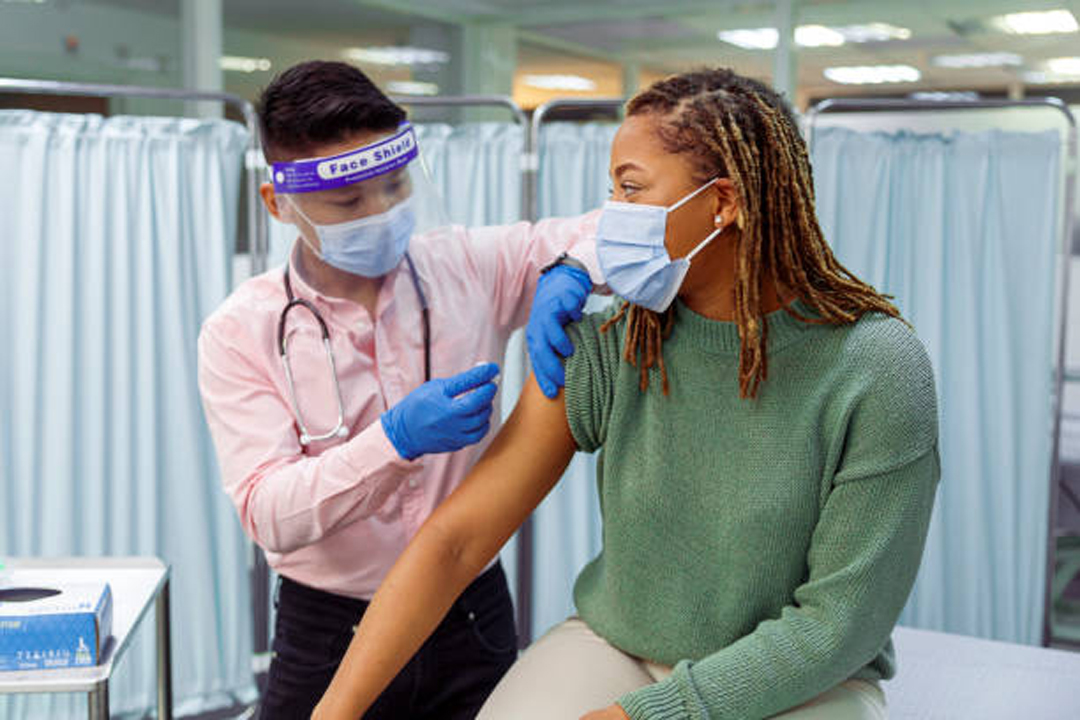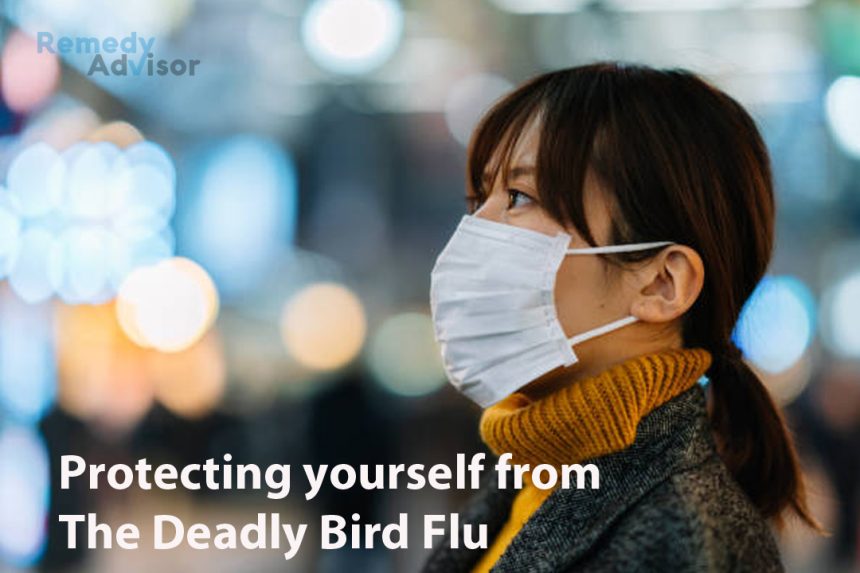If you follow the news, you already know there’s a chance that a flu pandemic (a global epidemic) is coming and that it may bring death on a massive scale. Federal, state and local agencies already are working up plans for prevention and treatment.
We can’t individually or as a nation stop such a disease from reaching the US, but we can make ourselves safer by taking some smart precautions.
William Schaffner, MD, chairman of the department of preventive medicine at Vanderbilt University Medical Center and one of the world’s top experts on infectious diseases, explains how a pandemic might occur and how to build up our defenses…
Understanding the danger
There’s no way to predict exactly when the feared pandemic might occur it could be years away. Based on the recent cases of avian flu in humans in Asia and in birds in Europe and the Mideast, it might be as soon as next year it could even be this year. A pandemic can occur at any time of the year, but it is more likely during the traditional flu season and could last a few years.
How the danger started
Eight years ago in Hong Kong, a deadly flu strain that normally affects birds began infecting a few humans as well. According to the World Health Organization, at least 116 people have been infected since 2003, mainly in Thailand and Vietnam. About half of them have died. Avian flu is no longer just Asia’s problem Romania, Turkey and Greece have just confirmed that avian flu has been found among birds there as well.
Chilling discovery
Scientists recently discovered that the flu virus that ravaged the world in the 1918 Spanish flu pandemic also was derived from a bird flu virus. That devastating global outbreak killed 50 million people.
Unlike the 1918 virus, the current avian virus is not easily transmitted from person to person. With only a few exceptions, its victims have been infected by coming in direct contact with live infected birds, typically chickens or waterfowl, such as geese or ducks. But influenza viruses have a remarkable ability to mutate. The avian flu virus could change into something much more contagious to humans, and then start spreading within days, thanks to airplane travel. A deadly pandemic then could hit within weeks or months.
What to do today
Important steps that you can take to protect yourself against a flu pandemic…
• Quit smoking
If you needed one more reason, this is it. Smoking irritates the bronchial tubes, making them more vulnerable to any germs that find their way into the throat, including those that can cause avian flu. Smokers also have a harder time fighting any diseases that they do contract.
• Maintain a healthy weight.
Carrying extra pounds puts unnecessary stress on your heart and lungs, making you more vulnerable to contracting avian flu.
• Get vaccinated

Get vaccinated with a flu shot or the nasal-spray vaccine. The current generation of flu vaccine provides no specific protection against avian flu, but it will help keep your body as strong as possible, improving your odds of survival in case avian flu does strike. Should the pandemic come, those who have been vaccinated but still come down with flu will know right away that they probably have avian flu. (If you have egg allergies or have had serious reactions to flu shots in the past, talk to your doctor about whether a flu vaccine is safe for you.)
There is a prototype avian flu vaccine that appears to be doing well in clinical trials. Should an avian flu pandemic strike soon, it’s possible that this prototype could be rushed into use but at this point, we don’t know how such a vaccine would be distributed how big a dose would be needed and how successful it might be against a mutated form of the vims.
•Take vitamin C
Some studies suggest that consuming vitamin C supplements and/or foods rich in vitamin C (such as oranges, grapefruits, bell peppers and tomatoes) might help the body avoid viral infections.
• Stockpile emergency rations.
There would probably be a run on supermarkets at the first sign of a pandemic. Maintain a two week supply of canned foods and water so that you don’t have to leave home. This should be enough to last you until a government food-distribution plan is in place, should one be necessary. Other items to have on hand: Medications that you take regularly, alcohol wipes, surgical masks.
If there is an outbreak…
Should an avian flu pandemic reach the US, stay tuned to TV or radio news for instructions from your health department. There might be quarantines, evacuations or mass vaccination plans in your area.
•Avoid crowded places
The best way to remain safe during a pandemic is to limit your exposure to other people. All family members should stay at home as much as possible, avoiding unnecessary trips and visitors. Avoid airplanes, movie theaters and other places where large groups are in close proximity. It’s likely that some employers will tell workers that they can stay home for a time, though other people might have to choose between keeping their jobs and staying home. Local or state governments might close schools.
•Take precautions if you must go out during a pandemic
Stay away from anyone who is coughing or sneezing, wash your hands frequently with soap and carry alcohol wipes to clean your hands after touching anything that has been handled by others.
Many people have asked about wearing cotton surgical masks. There’s no evidence that they prevent viral infection, but they’re cheap and available at many drugstores. They might help, so there’s no reason not to wear one.
• Get to a health-care provider
Get to a health-care provider if the avian flu is in your region and you believe that you’re coming down with flulike symptoms chills, fever, sore throat, fatigue, cough, runny nose, headache or muscle aches. Antiviral drugs are effective only when taken within 48 hours of the onset of your first symptoms.
If possible, obtain your antiviral medication through your doctor’s office or a public health office rather than from a hospital. (Your doctor might designate special hours for people with flu symptoms.) During a pandemic, hospitals are likely to be packed with infected people. Your flulike symptoms might mean you just have a cold but your odds of actually getting avian flu will skyrocket once you enter a hospital handling lots of flu victims.







